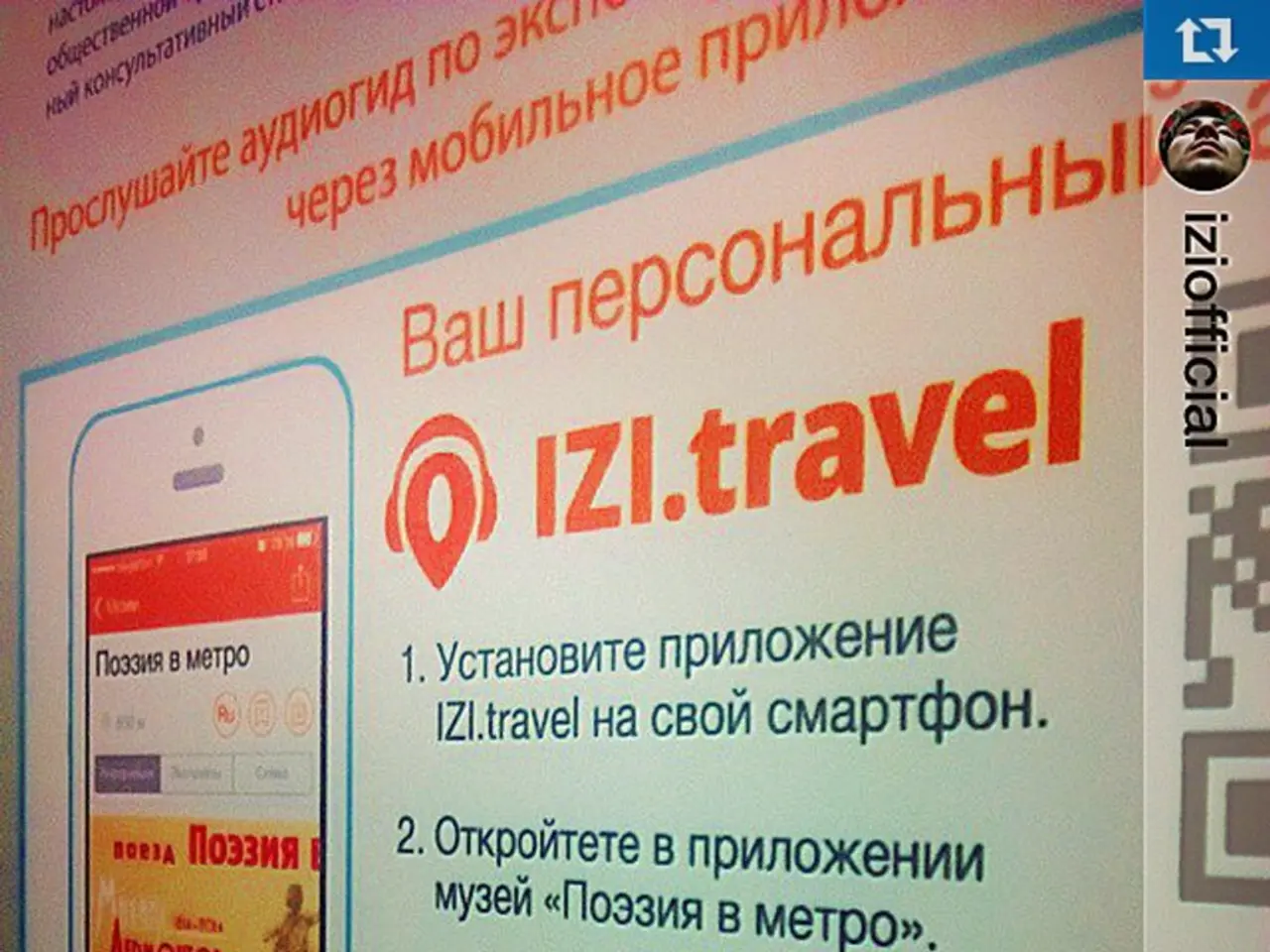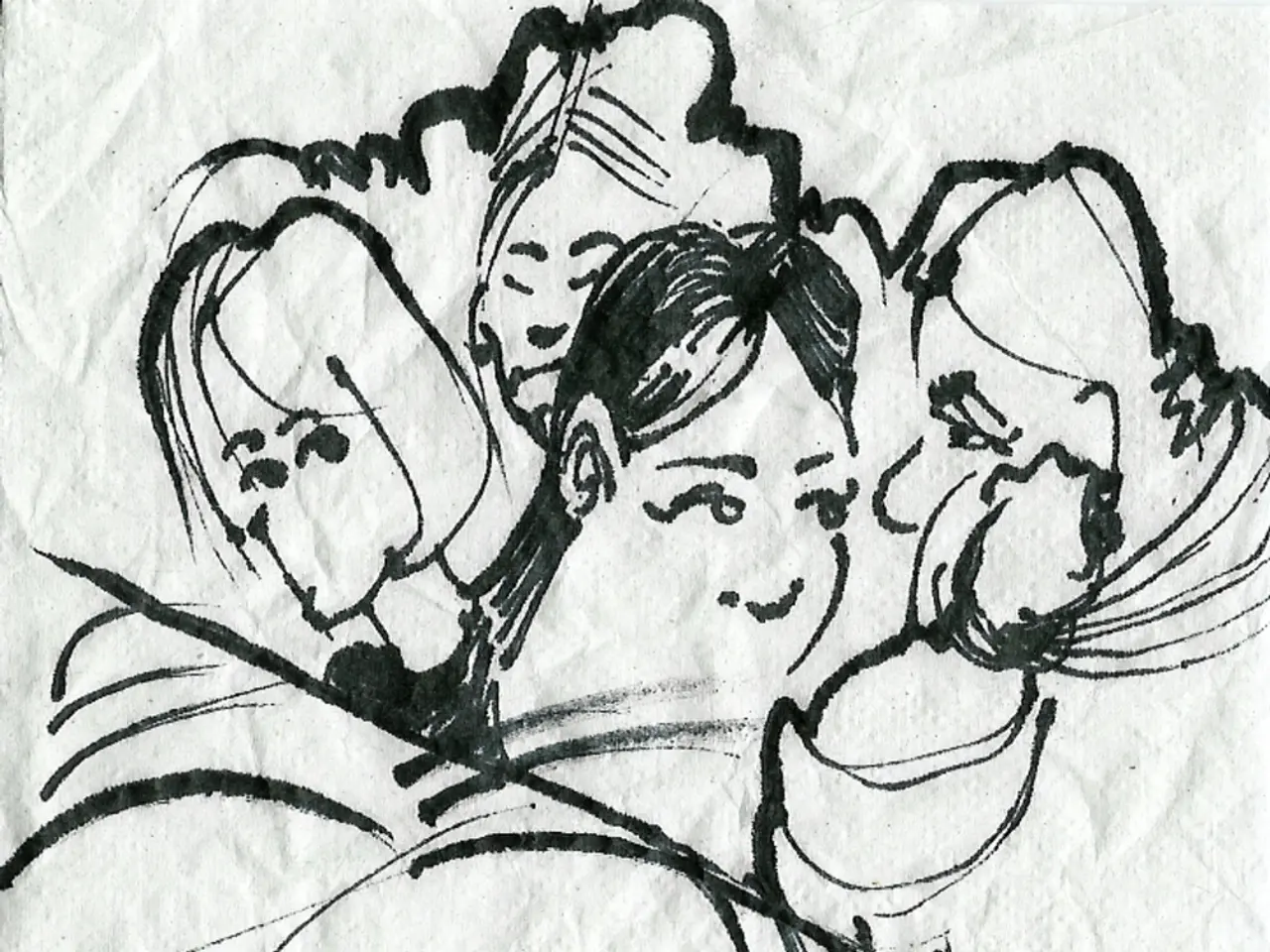Public Institutions' Credibility Decreases, Not Due to Social Media Manipulation
In a revealing study by the Reuters Institute, it has been found that in Eastern and Southern Europe, lower trust in institutions goes hand in hand with a perceived increase in interference by politicians and businesspeople in the media [1]. This finding is part of a broader trend that is proving challenging for governments to address, as growing distrust in government institutions is a natural reaction to uncertain times and mixed track records [2].
However, it's important to note that blaming rising distrust in traditional media and government on social media may be an oversimplification [3]. The connection between social media and lower trust is not as straightforward as some sources claim, according to the Reuters Institute report [4].
Social media does offer individuals the freedom to share information and gives a voice to those who disagree with dominant narratives [6]. Yet, if policymakers follow the argument that social media destabilizes society to its logical conclusion, the ultimate "solution" could be censorship and limiting freedom of speech in European democracies.
The Reuters Institute's 2022 Digital News Report sheds light on this complex relationship. The report suggests that increased reliance on social media as a news source is associated with lower trust in institutions and traditional news brands [7]. Social media and video platforms erode the reach of institutional journalism, contributing to media fragmentation, online polarization, and misinformation [7]. This weakens the public's connection with established journalistic institutions and reduces trust in those institutions overall.
The report highlights that social media use fuels a fragmented media environment dominated by creators and partisan voices rather than traditional institutional journalism [8]. This fragmentation is linked to growing online polarization and misinformation, which in turn undermines trust in established news organizations and institutions across 48 markets worldwide [4].
The report also finds that lower trust in institutions is correlated with various factors in different countries [10]. For instance, in France, trust is correlated with economic status: economically disadvantaged groups report lower trust in traditional media than affluent groups [9].
The European Foundation for the Improvement of Living and Working Conditions (Eurofound) published a survey in July 2022 about the adverse effects of social media on society [11]. The survey found a correlation between using social media as a news source and lower trust in established institutions, including the government [11]. However, attributing distrust to these events may be superficial, as the uncertainty created by crises is amplified by social networks [12].
In summary, the more people use social media as their news source, the more their trust in institutions tends to decline, driven in part by misinformation and the fragmented media landscape fostered by social platforms [7]. The Reuters Institute report further weakens the evidence for the assumption that social media use is a primary cause of citizens' distrust in their governments [10]. A healthy democratic society values multiple sources of information and freedom of expression, and it's crucial to approach these complex issues with nuance and careful consideration.
References: 1. Reuters Institute Report 2. Reuters Institute Report 3. Reuters Institute Report 4. Reuters Institute Report 5. [Not provided in the bullet points] 6. Reuters Institute Report 7. Reuters Institute Report 8. Reuters Institute Report 9. Reuters Institute Report 10. Reuters Institute Report 11. Eurofound Survey 12. Eurofound Survey
- The Reuters Institute's latest report on digital news reveals a correlation between increased social media usage and lower trust in institutions, such as government and traditional news brands.
- The fragmentation of the media landscape caused by social media platforms contributes to online polarization and misinformation, which can weaken trust in established news organizations and institutions worldwide.
- The European Foundation for the Improvement of Living and Working Conditions (Eurofound) survey suggests that using social media as a news source leads to lower trust in established institutions, including the government.
- In a complex relationship, social media offers individuals the freedom to share information, but it can also destabilize society, leading some policymakers to argue for censorship and limiting freedom of speech.
- Different factors, such as economic status, can influence trust in institutions in various countries, as highlighted in the Reuters Institute report, challenging governments to address the issue comprehensively.






